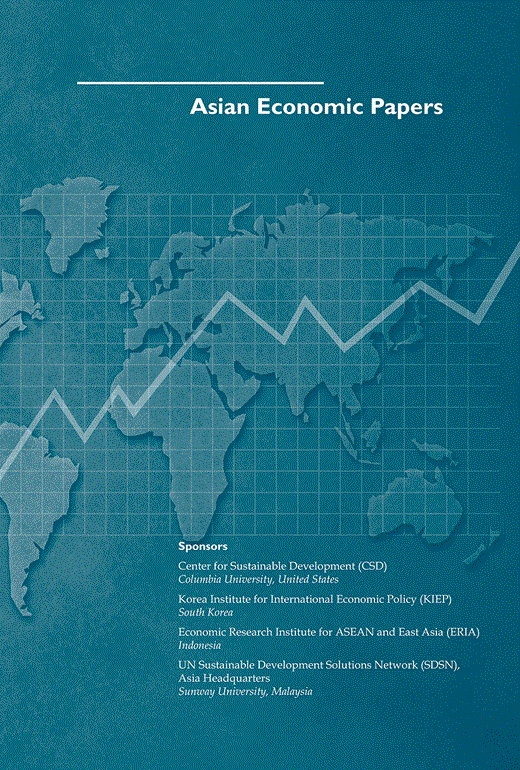Diversified ESG Evaluation by Rating Agencies and Net Carbon Tax to Regain Optimal Portfolio Allocation
IF 5.3
3区 经济学
Q1 ECONOMICS
引用次数: 0
Abstract
Abstract Environmental, Society, and Governance (ESG) investments have become increasingly popular in recent years, and, at the same time, many rating agencies provide ESG scores for each company. This means that the ESG investment model may have moved from the traditional two-factor model of risk-return to a three-factor model adding an ESG component to it. This paper highlights the potential for distortion of asset allocation through the shift from traditional risk-return considerations to ESG score considerations. This is equally true for green bonds, resulting in the potential for asset allocation to be distorted by green bond criteria. Furthermore, we show that imposing a net carbon tax on greenhouse gas (GHG) emissions is a measure to correct this distortion in asset allocation and make asset allocation more risk-return based, in addressing global environmental issues.评级机构多元化ESG评估与净碳税重获最优投资组合配置
近年来,环境、社会和治理(ESG)投资越来越受欢迎,与此同时,许多评级机构为每家公司提供ESG分数。这意味着ESG投资模型可能已经从传统的风险回报双因素模型转变为增加ESG成分的三因素模型。本文强调了通过从传统的风险回报考虑转向ESG评分考虑而扭曲资产配置的可能性。绿色债券也是如此,导致资产配置可能被绿色债券标准扭曲。此外,我们表明,在解决全球环境问题时,对温室气体(GHG)排放征收净碳税是纠正这种资产配置扭曲并使资产配置更加基于风险回报的一项措施。
本文章由计算机程序翻译,如有差异,请以英文原文为准。
求助全文
约1分钟内获得全文
求助全文
来源期刊

Asian Economic Papers
ECONOMICS-
CiteScore
7.50
自引率
0.00%
发文量
16
期刊介绍:
The journal Asian Economic Papers (AEP) is supported by several prominent institutions, including the Center for Sustainable Development at Columbia University in the United States. This shows that there is a strong emphasis on sustainable development within the journal's scope. Additionally, the Korea Institute for International Economic Policy in South Korea, the UN Sustainable Development Solutions Network (SDSN) in Malaysia, and the Economic Research Institute for ASEAN and East Asia in Indonesia also sponsor AEP. The articles published in AEP focus on conducting thorough and rigorous analyses of significant economic issues pertaining to specific Asian economies or the broader Asian region. The aim is to gain a deeper understanding of these issues and provide innovative solutions. By offering creative solutions to economic challenges, AEP contributes to the discourse and policymaking that impact the Asian economies and region as a whole.
 求助内容:
求助内容: 应助结果提醒方式:
应助结果提醒方式:


